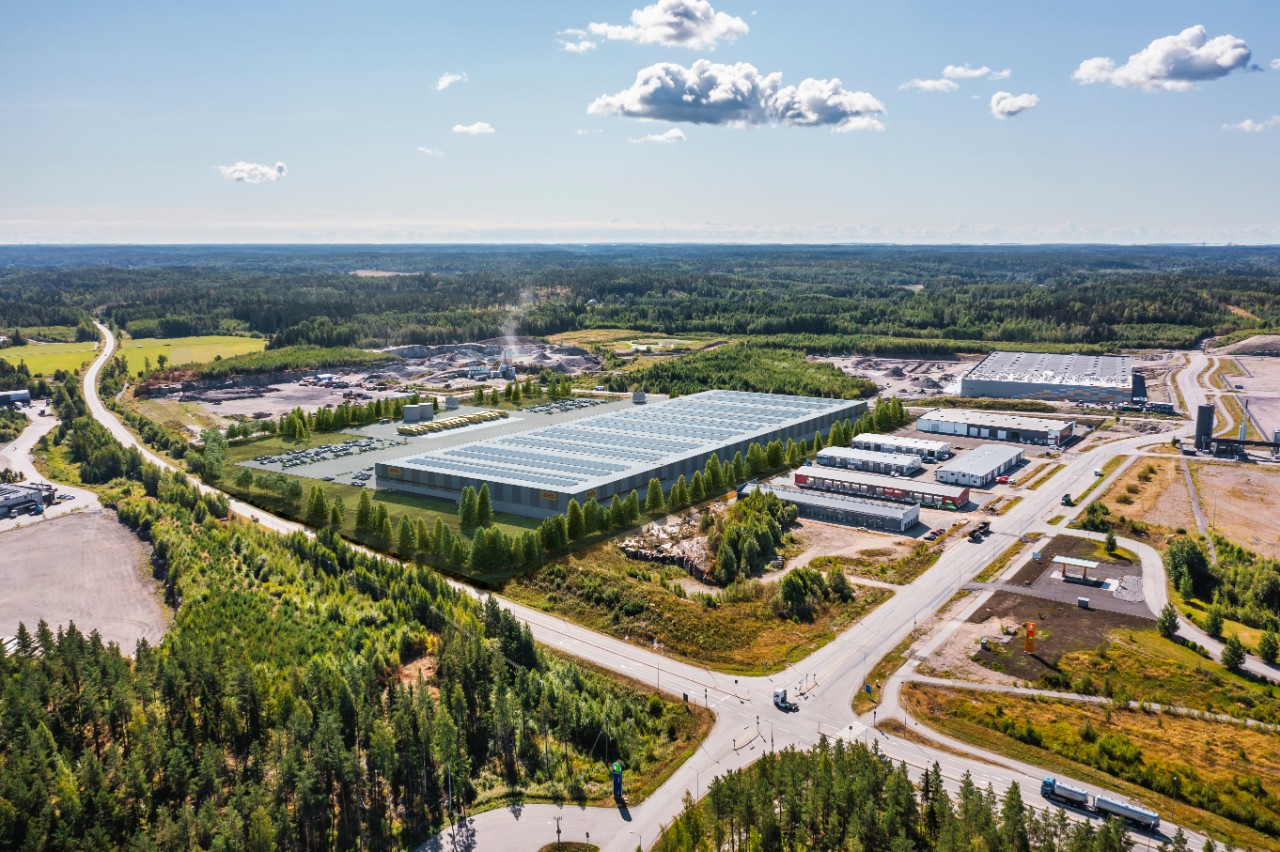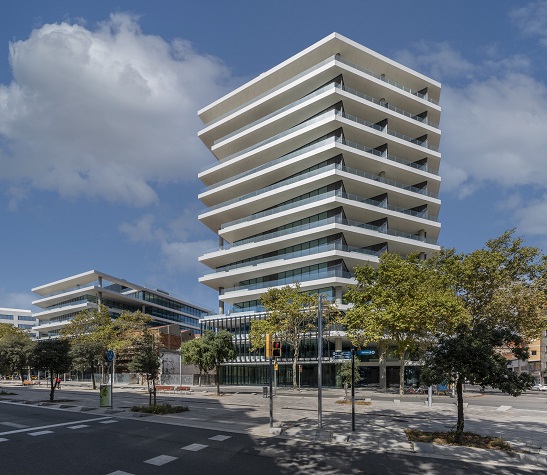Imagine walking the streets of London in the 1840s. A city of dense fog, thousand chimney pots, horse-drawn carriages, and crowds of people navigating the busy malodorous streets. It is the Victorian London and the London of Charles Dickens, the largest city of the 19th century. With the turn of the century and Queen Victoria's death in 1901, the Victorian period came to an end, giving way to a new era in the city’s development propelled by education, technology, and social reforms.
Today’s London is one of the most desirable cities, ranking first both in global city status, human capital, and office sector investment opportunities, according to Allianz Real Estate’s new Cities That Work 2021 report, and followed closely by Stockholm and Berlin. The study examines 26 top-tier cities in Europe and incorporates 20 proprietary and external indicators that are used to generate structural scores for each city.






